Translated, based in Italy, has been a pioneer in AI for translation, leading several EU-funded projects that shaped the field: Matecat, the first web-based CAT tool to integrate adaptive machine translation; ModernMT, a neural machine translation engine that adapts in real time to corrective feedback; and Meetween, focused on multimodal AI for virtual meetings. Building on this foundation, Translated recently introduced Lara, an AI trained on 20 million human-annotated translations, capable of explaining its choices. Lara reflects two decades of research into combining transformer-based architectures with human feedback to build systems that reason like a human and interact naturally with users.
Coordinator




















